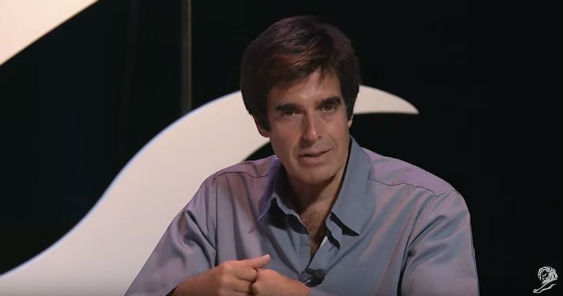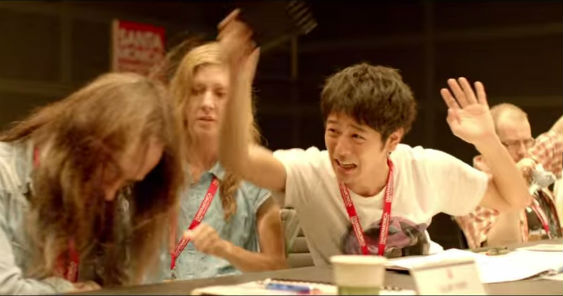ASIA PACIFIC – November 28, 2013 – Creative Agency BBH Asia Pacific is hosting a first – of – its – kind hackathon from November 30 to December 1 that sets up a challenge to develop solutions to improve outdoor activity within one of the world’s most congested cities – Jakarta.
The #BajakJKT MakerLab is a two day creative challenge developed by Bartle Bogle Hegarty’s MakerLab in partnership with Arduino Verkstad. The hackathon invites urban planners, athletes & engineers/developers to come together to develop solutions to lower or remove barriers to outdoor activity in Jakarta. Jakarta is a city fraught with congestion – from poorly lit streets that are dangerous for runners, to heavy traffic and crowds that are not conducive to outdoor activity and exercise.
The output from the two-day MakerLab will be a series of prototypes. One of these prototypes will be selected by a panel of judges from BBH and Arduino Verkstad to be further developed and installed in the city.
For details on the BBH Maker Lab, visit the page on Eventbrite.
David Cuartielles
David Cuartielles was born in Zaragoza, Spain. After finishing his MSc. in Telecommunications Engineering, worked as project manager and as development engineer at Infineon Semiconductors (Munich, Germany), later.
Currently he is the head of the Institute Of Interactive Objects at the School of Arts and Communication, Malmö University, Sweden, while conducting his doctoral thesis analyzing the boundaries between technology, arts and society.
In 2005 David, together with M. Banzi and D. Mellis created the Open Hardware platform Arduino, for which they have earned an Honorary Mention to the Ars Electronica Digital Community Prix 2006. He curated the Electrolobby area of the Ars Electronica Festival 2006 with the subject “Make it Simple”.
In 2007 he developed a robotic theater piece at the Lorca Museum in Granada, Spain and a collection of 15 new open hardware electronic pieces for Sadi (Samsung Art and Design Institute) in Seoul, Korea.
In 2008 he created the 1scale1 Prototyping Studio specialized in building interactive art installations and software for mobile platforms. In parallel David took the task of leading Arduino’s web strategy.
In 2009 he launched the long term social development project “la Maquila del Faro” in Mexico City, where he created a laboratory for educating children in the use of open source tools, the internet, and robotics.
Since 2010 he became research fellow at the Medea Research Studion in Malmo University, Sweden. That same year he created the Oh_Oh robotics platform as an example of an electronic educational device that can be manufactured locally in Mexico.
In 2012 David designed the Arduino Robot to become the easier to use hackable robot ever made. At the same time, he keeps on developing curriculum together with teachers to be used at highschools all around the world.
In 2013 he created Arduino Verkstad AB, the Swedish branch or Arduino dedicated to the production of academic research and impossible hacks.




